In the late 70s and early 80s, anger against the progress African Americans had made post-Civil Rights movement engendered a backlash from conservatives and angry white Americans. Racially-coded rhetoric became popular during Nixon’s presidency and was perfected by Ronald Reagan.
During his presidency, Reagan’s administration pushed the image of the inner-city crack user and violent criminals on the American public, using the media to instill the message that crime needed to be solved with tough tactics and harsh repercussions. In 1982, when the War on Drugs was first declared, less than 2% of Americans even believed drugs were the most important American issue to combat. Nonetheless, federal funds for law enforcement were increased drastically as drug treatment programs and education funds were dramatically reduced. The War on Drugs begin just before major economic collapses for inner-city communities and the emergence of crack cocaine; these conditions were a godsend to the far right, and the tough on crime drug campaign gained popularity throughout a country concerned with race, ready to place the “others” in the newest form of institutionalized oppression- prison.
Around the beginning of the drug war, inner-cities were suffered from a myriad of problems. Deindustrialization, unemployment, and the emergence of crack-cocaine created a firestorm of problems plaguing communities. This led to an economic collapse. With the rise of globalization, manufacturing and blue-collar factory jobs that were common in urban areas and required little more than secondary education were leaving the cities. Corporations moved work to the suburbs and to countries without work unions, where the population could be paid lower wages and controlled more easily. The emerging suburbs were a result of white flight, and it was difficult for African Americans to move to those areas, as well as travel to suburbs for work, as many African Americans in urban areas had little or no access to a car. The lack of resources due to an oppressive system prevented many African Americans from attaining higher education, especially pre-civil rights era, and African American communities were hit with yet another blow as unemployment skyrocketed in urban areas.
In 1985, three years after Reagan announced his War on Drugs, crack-cocaine emerged on the streets, creating far more problems in already economically depressed areas. Employment was harder to find, and for some, drugs proved to be a potentially lucrative business. More affordable and more intense than powder cocaine, crack swept through the inner-cities like wildfire during the worst possible time- when the backlash against Civil Rights progress was strong, and conservatives were searching for reasons to push back. The rate of drug related violence rose, and the selling and consuming of drugs became more popular. During this era, racial stereotypes of the crack-whore jezebel, gangbanging thugs, and crack-babies spread through the media, ingraining this racialized images in the minds of millions. Instead of moving toward federally funded and widespread treatment and education options for drug offenders, the United States chose a more punitive response to the rise of drugs, Imprisonment. The era of mass incarceration would soon begin.
Source: The New Jim Crow, Michelle Alexander






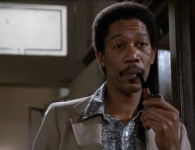

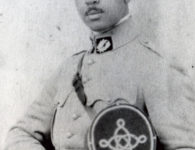
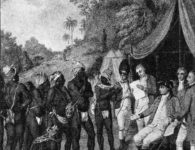


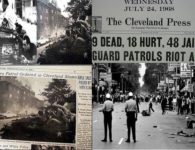
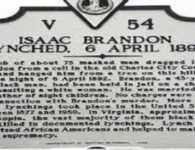


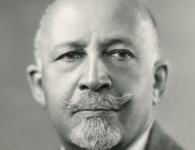
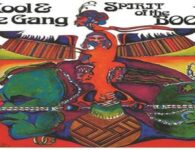
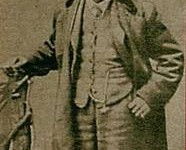


5 Comments
It’s the same song and dance now as back then by the conservatives. The backlash of President Obama is very evident. Especially with the rightwing organizations currently uniting. Every American must stand strong and tall to curtail the growing animosity against all people of color.
The drug laws deny people a commodity based on race, so they are now illegal. Drugs are a commodity. They’re used by people for recreation, medicine, and spiritual purposes. The drug laws are said to have been made because drugs made blacks and other non-white groups such as Chinese and Mexican, too many races to keep straight Indian people whatever so anyone like that, the laws were made because drugs made blacks violent, and rape white women. That is denying a commodity based on race. That whites were denied this commodity too doesn’t prove that it does not have racial intention, it merely shows how far they were willing to go for racism. This is a white man’s burden ideology, blacks are inferior and stupid and need white people to take care of them, that’s where the drug laws come from, this idea that blacks don’t have the responsibility, to just be on the safe side, whites abstained as well, because the negro would do anything to get their hands on it. I’m not saying that’s what I think, I’m just telling you history. The drug laws are so racist they should be illegal. Drugs aren’t a problem, police brutality is. The civil rights movement needs to keep on moving, not just for blacks, but for all people, because after all, I don’t want drugs illegal, I want them legal and in stores so people can just buy them, and I don’t have those feelings about black people just because I’m white, and I don’t want people to think that I hate them and think they’re stupid and don’t respect them just because I’m white.
Which Democrat will end this wasteful war on drugs?
Which Democrat will end this wasteful war on drugs?
who will ransom the captive?